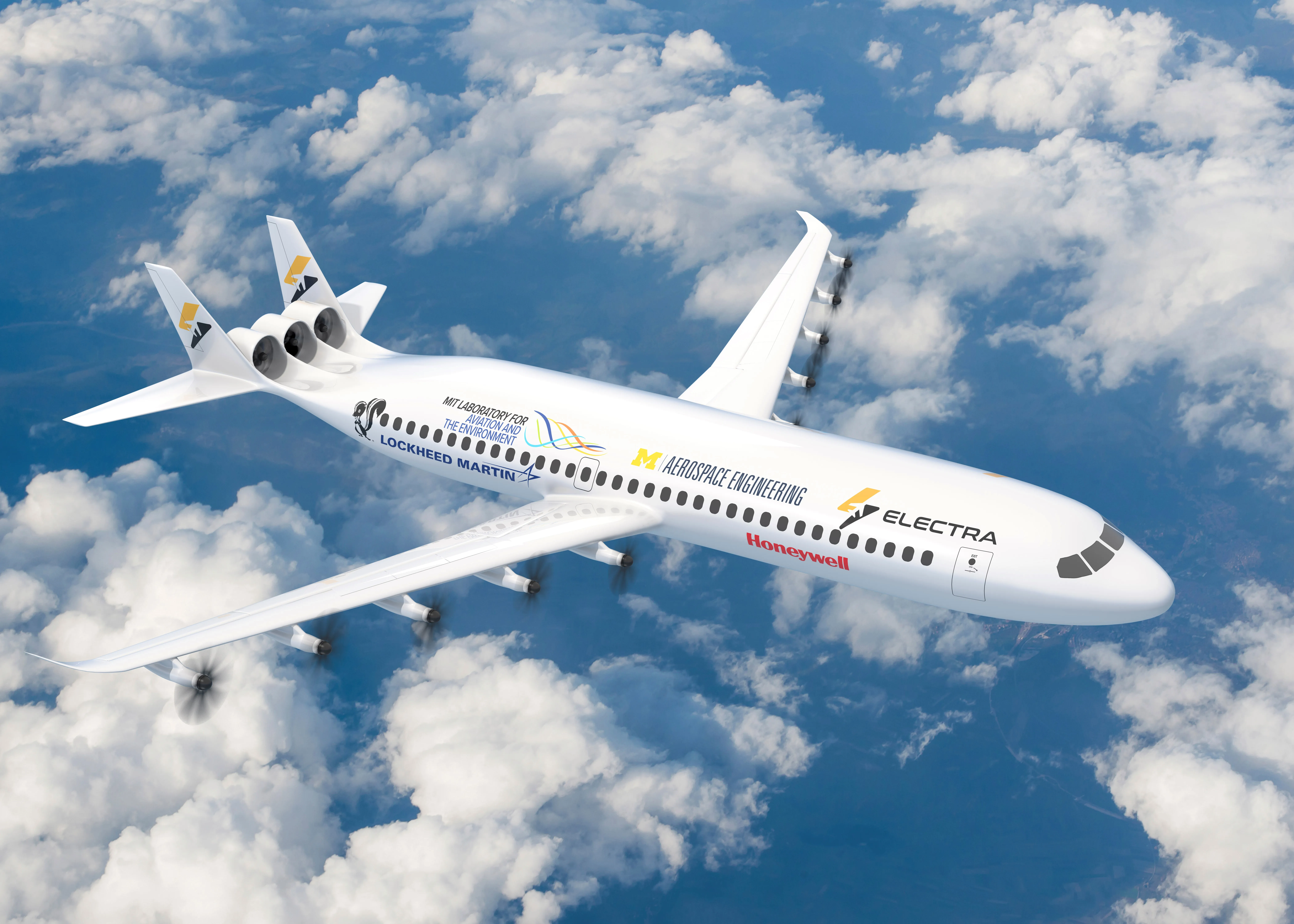NASA Leading the Way for Sustainable Aviation Innovation
Key Ideas
- NASA is funding five new design studies under the AACES 2050 initiative to drive sustainable transformation in commercial aviation by 2050.
- The awards focus on developing breakthrough technologies to increase aircraft efficiency, reduce environmental impact, and enhance technological competitiveness.
- Industry leaders and academic researchers are exploring innovative concepts like alternative fuels, electric propulsion, and hydrogen integration for sustainable aviation.
- Partnerships across government, industry, and academia are vital to NASA's commitment to sustainable aviation research and development.
NASA is at the forefront of advancing sustainable aviation innovation by funding five new design studies under the AACES 2050 initiative. These studies aim to explore cutting-edge concepts and technologies that could revolutionize commercial aviation by 2050. With a total of $11.5 million awarded, the selected companies and university will focus on identifying promising technologies for deeper exploration. The initiative builds on NASA's Sustainable Flight National Partnership (SFNP) and aims to achieve transformative changes in aviation by the 2030s and 2050s. Key areas of focus include alternative aviation fuels, electric propulsion systems, aerodynamic technologies, and aircraft configurations.
The awarded institutions, including Aurora Flight Sciences, Electra, Georgia Institute of Technology, JetZero, and Pratt and Whitney, will each play a crucial role in exploring various aspects of sustainable aviation. From distributed electric propulsion to hydrogen integration, these entities will delve into technologies that aim to reduce greenhouse gas emissions, noise pollution, and improve air travel accessibility. The Georgia Institute of Technology, for instance, will focus on its Advanced Technology Hydrogen Electric Novel Aircraft (ATH2ENA) as a starting point for exploring new aircraft concepts.
NASA's commitment to sustainable aviation is characterized by collaboration with industry, academia, and research agencies. By harnessing a diverse set of perspectives and innovative ideas, NASA aims to pioneer the future of aviation by enhancing efficiency, reducing environmental impact, and boosting technological competitiveness. The AACES awards mark a significant step towards achieving these goals and propelling the aviation industry towards a more sustainable and innovative future.
Topics
Aviation
Environmental Impact
Technology
Innovation
Research
Sustainable Aviation
NASA
Commercial Aviation
Future Of Aviation
Latest News
